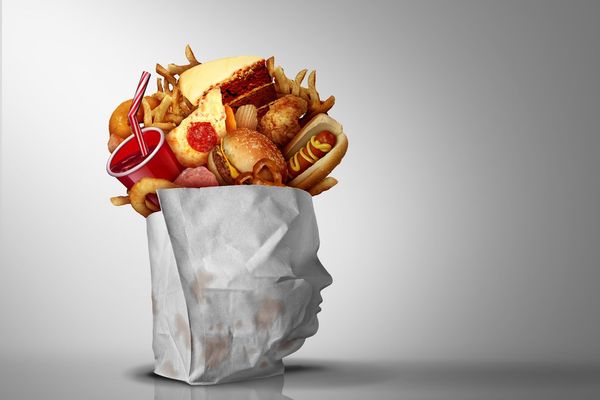I love eggs. They're versatile, inexpensive and widely available. But after my cholesterol reading was higher than I'd hoped for, I've been staying away from them.
While recently researching the subject of eggs I learned some new things (including some good news - I can eat them!) . There's a lot to know about this little oval-shaped food source. Here are my top 6 interesting tidbits:
1. There is no nutritional difference between brown and white eggs. The color of the shell is determined by the breed of the bird. White eggs come from hens with white feathers and ear lobes; brown eggs come from hens with red feathers and red ear lobes.
2. Free-Range Eggs are not necessarily better. In fact, eggs from birds that roam (hence the name free-range) may be more apt to sit in dirt; the birds who have access to the outdoors may also be more exposed to other wild birds who fly in and possibly carry pathogens.
3. The best way to store eggs is in the container they come in, not the plastic trays that come with your refrigerator. This protects them from absorbing strong odors from foods like onions.
4. Recent studies have found that eating one egg per day is safe and does not increase the risk of heart disease or stroke in most people. According to the American Heart Association, most of us should limit dietary cholesterol to 300 mg/day. Eating an egg a day is fine, providing your overall diet is otherwise low in cholesterol.
5. Eggs are jam-packed with essential nutrients. A large egg contains just 74 calories; the protein found in eggs is the highest quality of all foods and is easily digested and absorbed by the body.
6. Eating eggs for breakfast can greatly increase the success of your weight-loss plan. And if you have a teen, serving them eggs for breakfast will help them from overeating when it comes time for lunch.
And if you want to know how to decipher all the different terms on egg cartons:
https://greenliving.about.com/od/foodhealth/tp/EggLabels.htm

Five (okay, six) Surprising Things I Learned About Eggs
While recently researching the subject of eggs I learned some new things.
Apr 21, 2009
Nov 18, 2020
Nutrition & Movement





